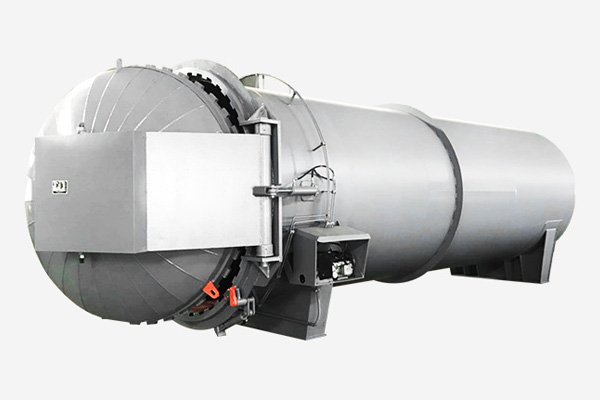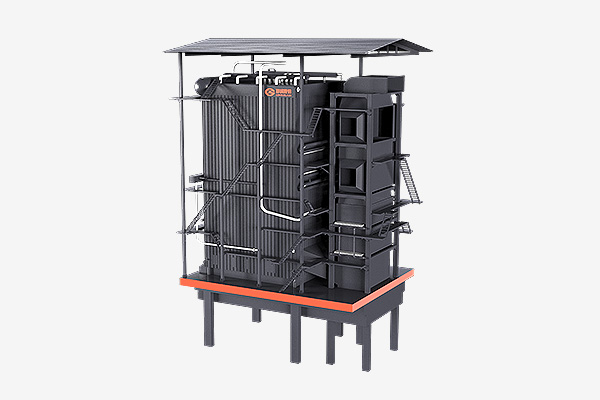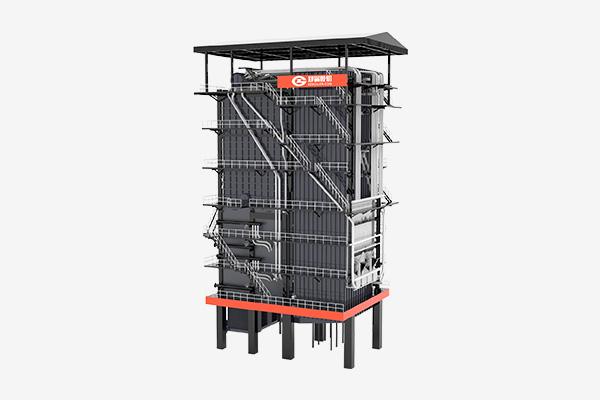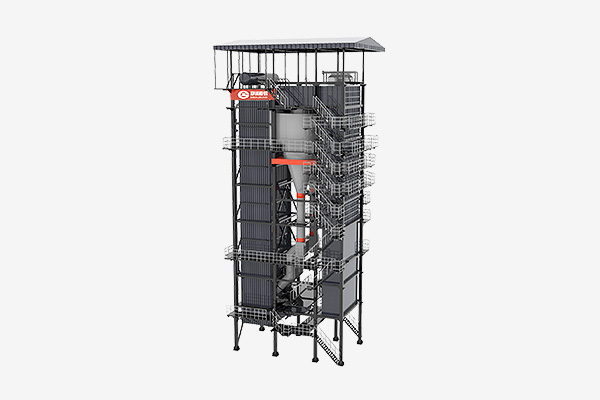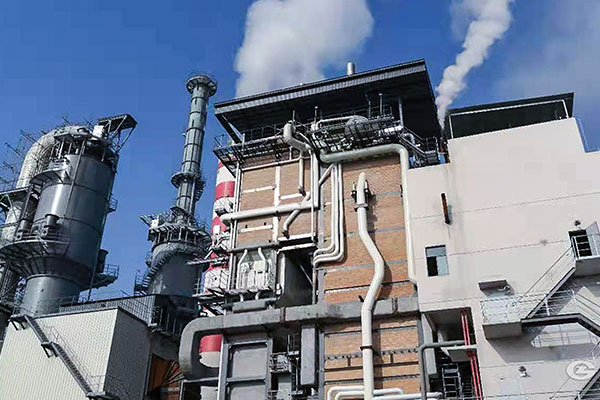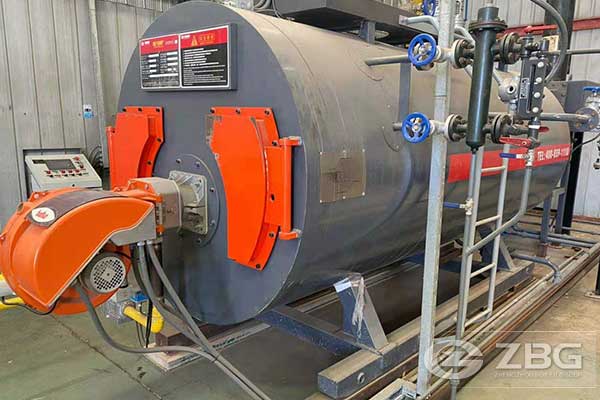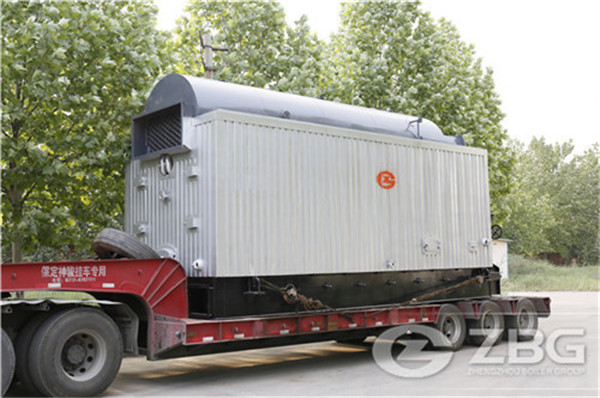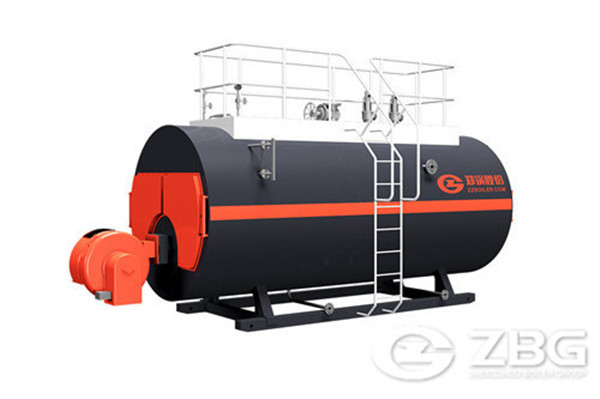Biomass Power Plant in Philippines
2016-07-26 17:19:03Philippines has abundant supplies of biomass resources, including agricultural crop residues, forest residues, animal wastes, agro-industrial wastes, municipal solid wastes and aquatic biomass. The most common agricultural wastes are rice hull, bagasse, coconut shell/husk and coconut coir. Industries there utilize biomass technology for the use of biomass as boiler fuel for cogeneration and heating purposes.
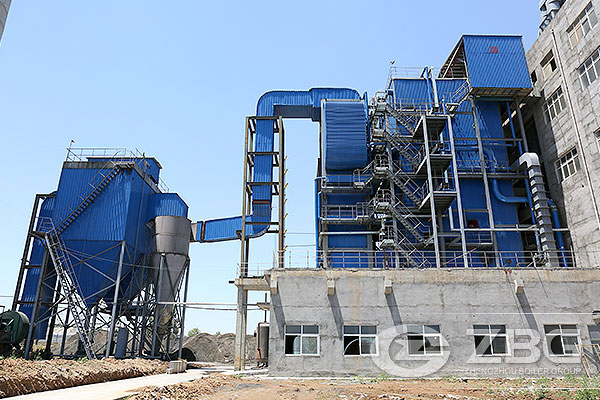
Biomass is a renewable source of fuel to produce energy because:
waste residues will always exist – in terms of scrap wood, mill residuals and forest resources; and properly managed forests will always have more trees, and we will always have crops and the residual biological matter from those crops.
Biomass energy plays a vital role in the nation’s energy supply. Nearly 30 percent of the energy for the 80 million people living in Philippines comes from biomass.
Biomass power is carbon neutral electricity generated from renewable organic waste that would otherwise be dumped in landfills, openly burned, or left as fodder for forest fires. When burned, the energy in biomass is released as heat. If you have a fireplace, you already are participating in the use of biomass as the wood you burn in it is a biomass fuel.
In biomass power plants, wood waste or other waste is burned to produce steam that runs a turbine to make electricity, or that provides heat to industries and homes. Fortunately, new technologies — including pollution controls and combustion engineering — have advanced to the point that any emissions from burning biomass in industrial facilities are generally less than emissions produced when using fossil fuels (coal, natural gas, oil).
For all inquiries, please fill in the form below (* are required) to send us a brief message, and we will get back to you as soon as possible.
